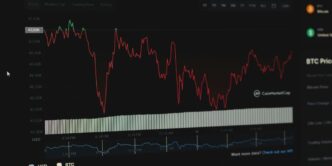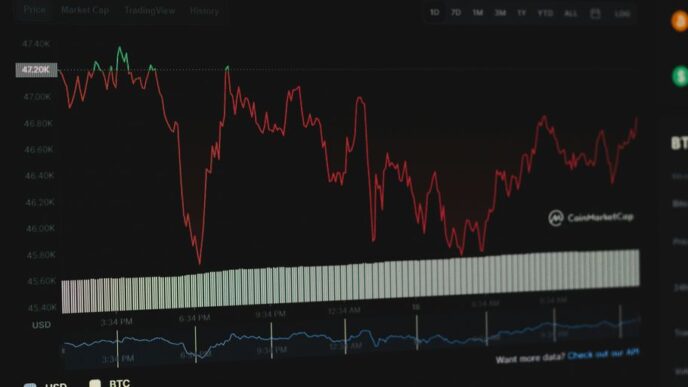As the world’s focus intensifies on environmental sustainability, the recycling industry is undergoing a significant transformation. Material Recovery Facilities (MRFs), which play a critical role in managing the vast quantities of waste produced daily, are facing increasing pressure to improve efficiency and meet evolving Extended Producer Responsibility (EPR) standards. However, a breakthrough is on the horizon with the integration of artificial intelligence (AI) and robotics, spearheaded by EverestLabs.
In the United States alone, 268 million tons of waste are generated each year, with 140 million tons ending up in landfills. The average American contributes approximately 4.5 pounds of trash per day. Amidst growing awareness about carbon footprints, many individuals turn to recycling as a means to make a positive environmental impact. Yet, the question remains—how much of this waste is effectively recycled?
Recent data from EverestLabs reveals a crucial insight: 70.2% of people who do not believe in the efficacy of recycling are men. This statistic underscores a broader issue of skepticism towards recycling systems, highlighting the need for improved methods and transparency in the recycling process.
EverestLabs, a leader in waste management technology, is addressing these challenges head-on. By leveraging AI and robotics, EverestLabs is transforming MRF operations and driving significant advancements in recycling technology. The company’s innovative approach aims to streamline material recovery, enhance operational efficiency, and contribute to a more circular economy.
“We realized that with a purpose-built AI and automation platform, we can transform recycling plant operations and sustainable packaging manufacturing,” says JD Ambati, CEO & Founder of EverestLabs. “Our solutions increase recovery, revenue, improve worker safety, and above all, accelerate sustainable packaging manufacturing.”
AI technology from EverestLabs helps set baselines to increase recovery rates and drive operational improvements within MRFs. The AI-driven systems are designed to handle the complexity of sorting and processing recyclable materials more effectively than traditional methods. This innovation not only improves the efficiency of the recycling value chain but also addresses the operational challenges faced by many MRFs.
In practical terms, EverestLabs’ RecycleOS software provides critical data on which products are being recycled and how effectively. This data allows manufacturers to refine their packaging designs, making them more recyclable and reducing the need for raw materials. As a result, fewer greenhouse gases are emitted during the production of new products, contributing to a reduction in overall environmental impact.
“Recycling should help protect the environment, not cause more harm to those who are doing their job,” Ambati adds. “Recycling is an easy, sustainable practice we can do at home, but there is a right way and a wrong way. Our technology helps ensure that materials are properly sorted and processed, reducing the risks associated with improper recycling.”
EverestLabs is committed to enhancing the safety and efficiency of MRFs while promoting sustainability across the recycling industry. As EPR standards continue to evolve, the integration of AI and robotics presents a promising solution for overcoming the challenges faced by recycling facilities.
To further explore how AI and robotics are revolutionizing recycling processes, EverestLabs is hosting a webinar on Tuesday, September 17th at 10 a.m. PT. This event will provide an in-depth look at the company’s technology and its impact on the recycling industry.
JD Ambati will be available for interviews to discuss the advancements made by EverestLabs and how their solutions are shaping the future of recycling. Interested parties are encouraged to register for the webinar and connect with Ambati to gain insights into the role of AI in advancing material recovery.
Photo by Claudio Schwarz













